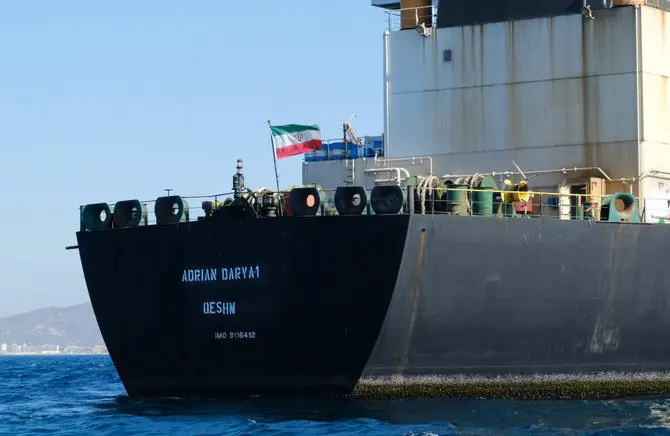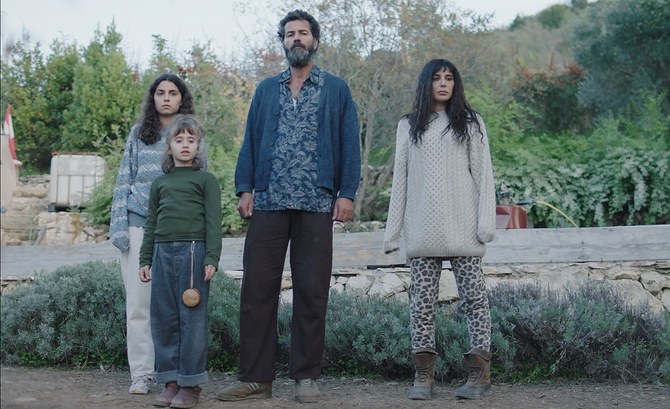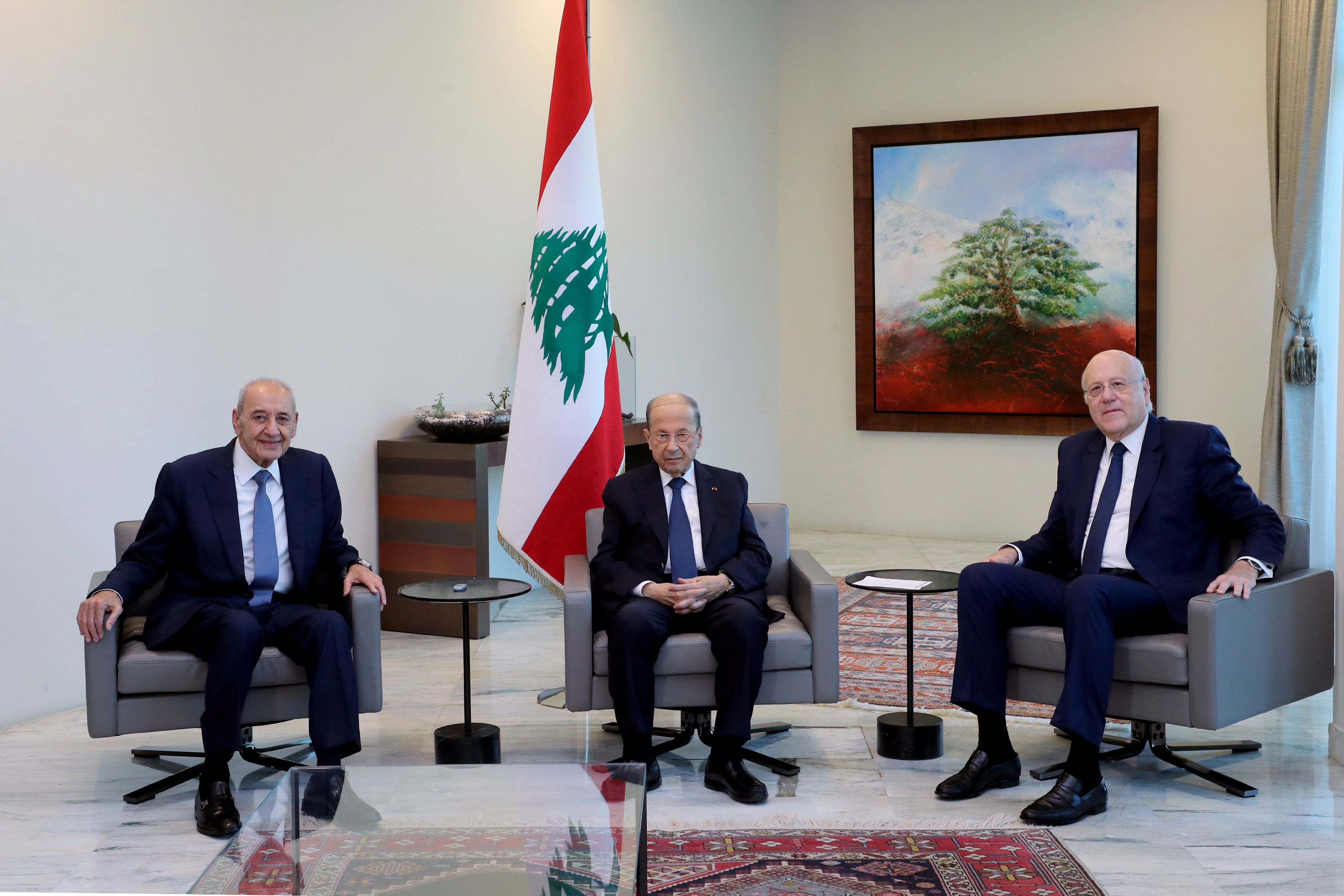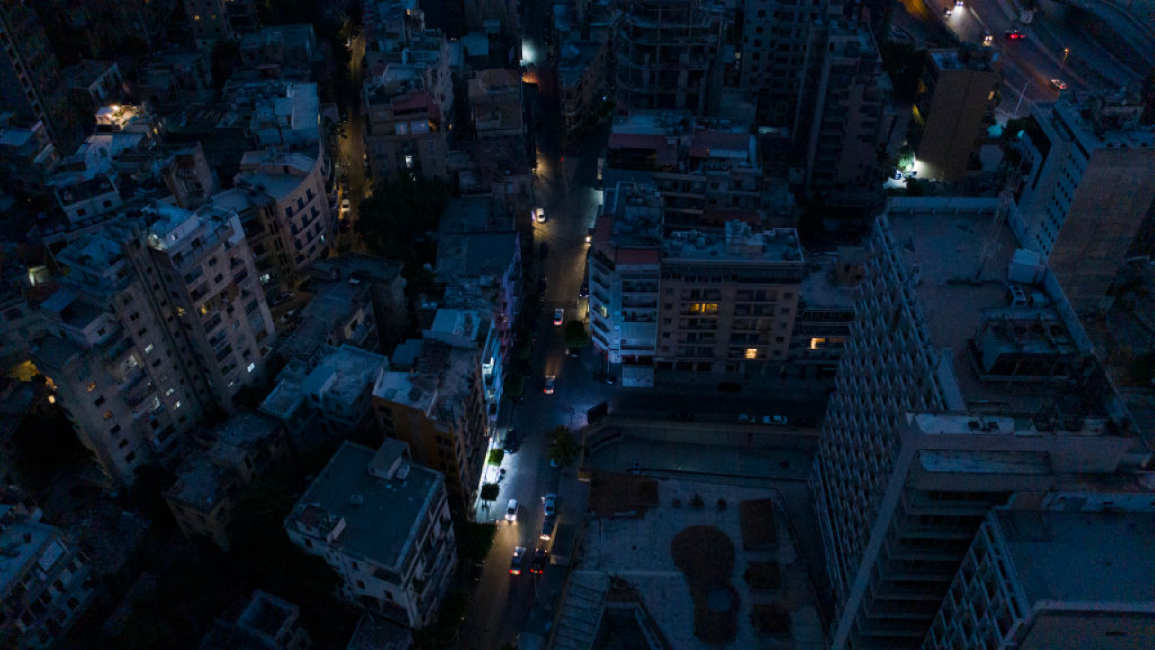
by libyanexpress.com — Despite the threat of possible US sanctions, Hezbollah has arranged up to 80 oil tankers carrying Iranian diesel fuel to arrive in Lebanon via Syria on Thursday. The tankers are destined for Baalbek, about 67 kilometers northeast of Beirut, where the fuel will be discharged into tankers owned by the Iran-backed Hezbollah. The group has also organized a ceremony to celebrate the shipment, which is expected to contain 3 million liters of fuel. Sayyed Hassan Nasrallah, leader of the militant group, said in August that an Iranian fuel tanker will sail toward Lebanon “within hours,” warning Israel and the US not to intercept it. The move, Hezbollah said, was to help ease Lebanon’s crippling fuel shortage that has paralyzed the country for weeks. Raymond Ghajar, Lebanon’s caretaker energy minister, said he “did not receive any request to approve fuel importation” undertaken by Hezbollah.
The delivery would violate US sanctions imposed on Tehran after former US President Donald Trump pulled out of a nuclear deal between Iran and other world powers three years ago. Hezbollah’s step is also likely to expose Lebanon to similar US sanctions. Nasrallah said on Monday the Iranian ship docked on Sunday night in Syria’s Banias port and started to discharge diesel fuel in Syrian tankers that will arrive in Baalbek on Thursday. “The vessel destined for Baalbek will arrive through Hermel,” Nasrallah said. There are no legal border crossings in the region as Hezbollah allegedly uses the Hermel crossing for smuggling. Al-Amana, a US-sanctioned company that belongs to Hezbollah, is expected to receive the transported Iranian fuel. Nasrallah claimed he “spared Lebanon embarrassment by docking the ship in a Syrian port and not a Lebanese one.” However, the arrival of diesel tankers in Lebanon will reveal the state’s vulnerability regarding the violation of its borders and the importation of fuel without its knowledge or approval. The US previously warned that any Iranian fuel ship that brings fuel for Lebanon would equate to “providing Hezbollah with funds.”
:quality(70)/cloudfront-eu-central-1.images.arcpublishing.com/thenational/5FTEH4XPEUNY6W3ZNLSNMIQXV4.jpg)









